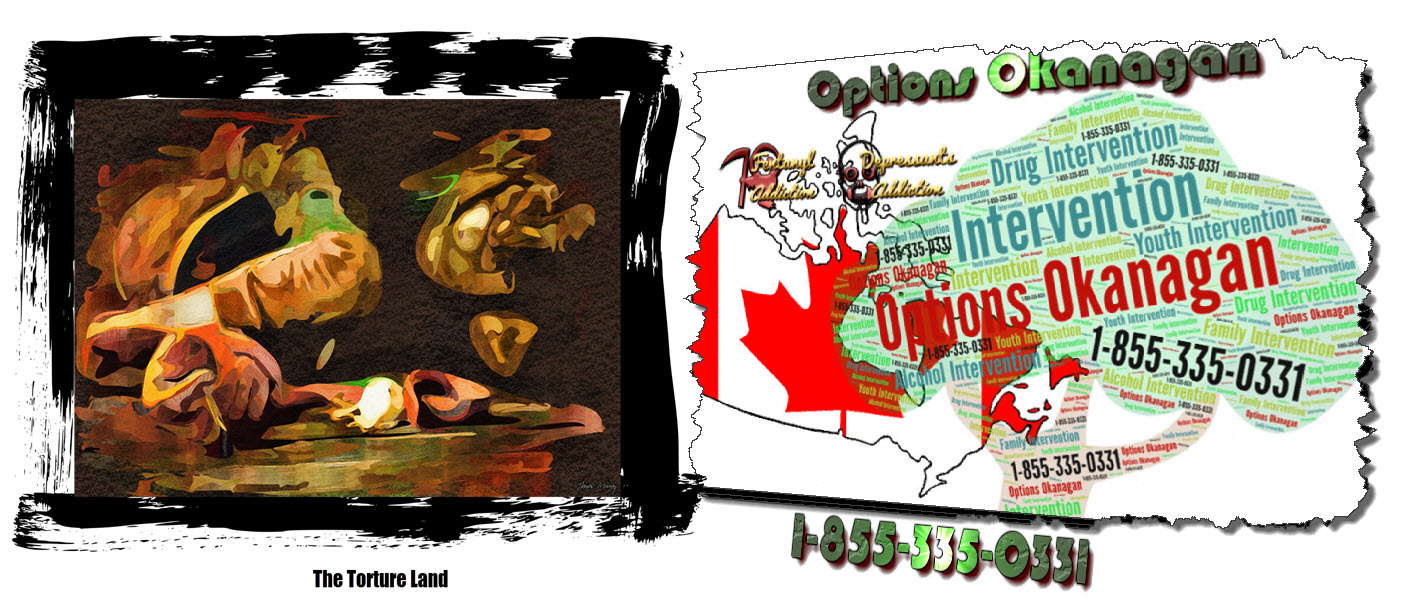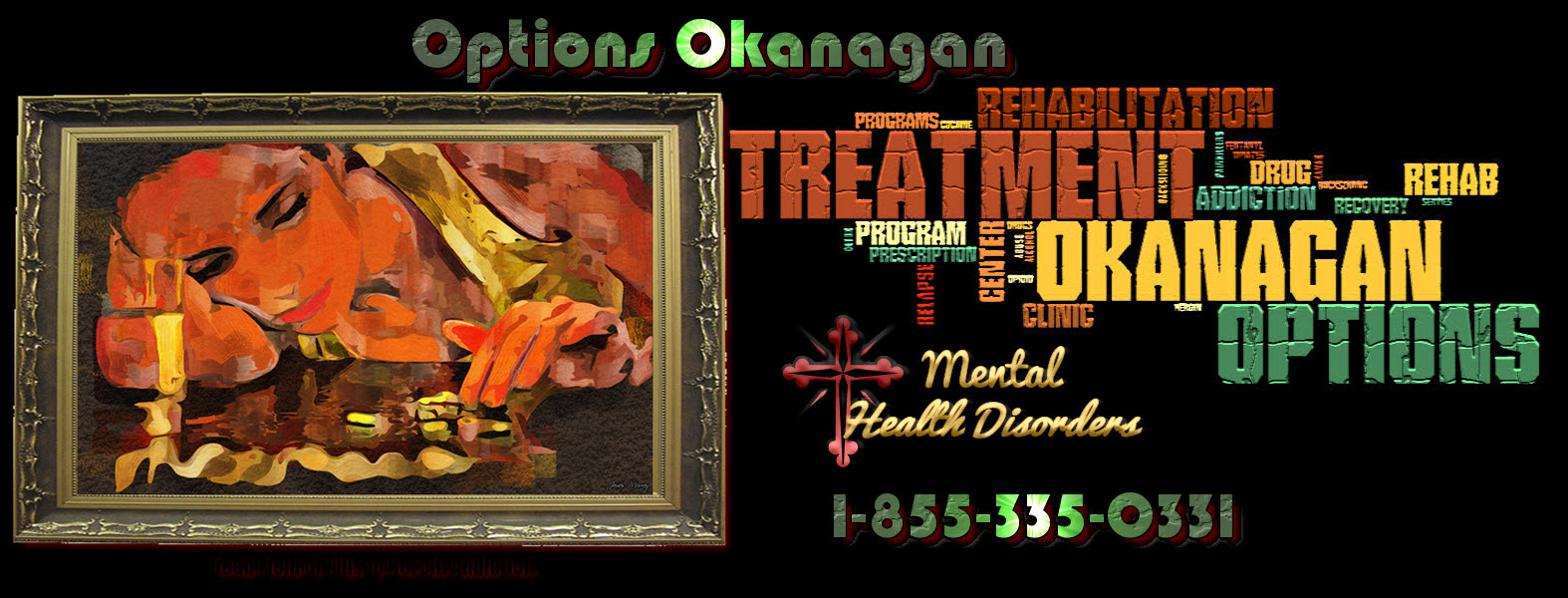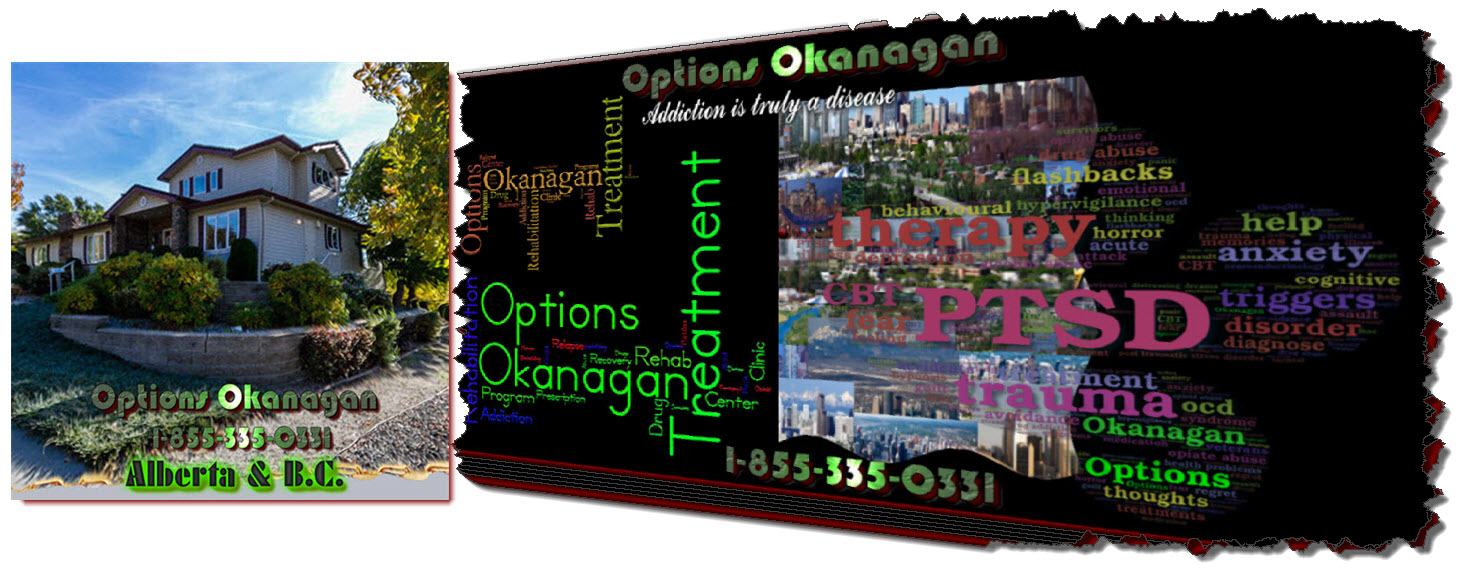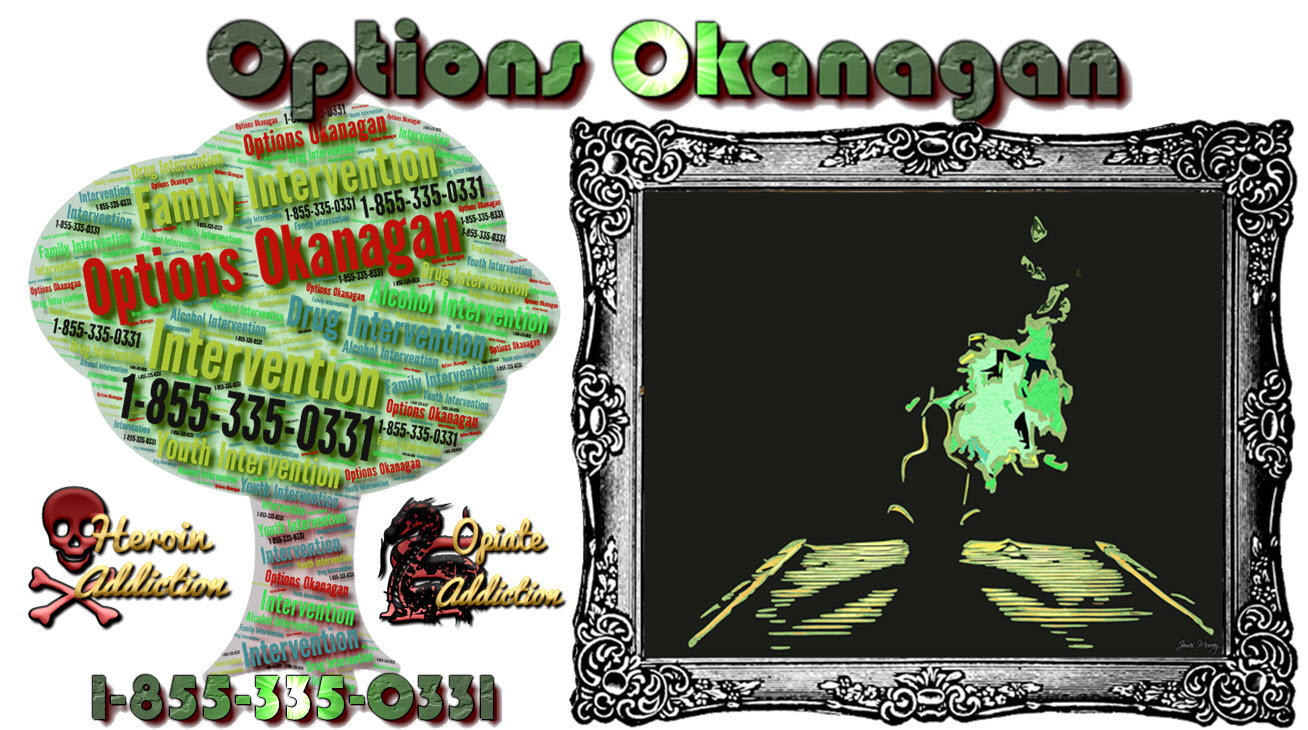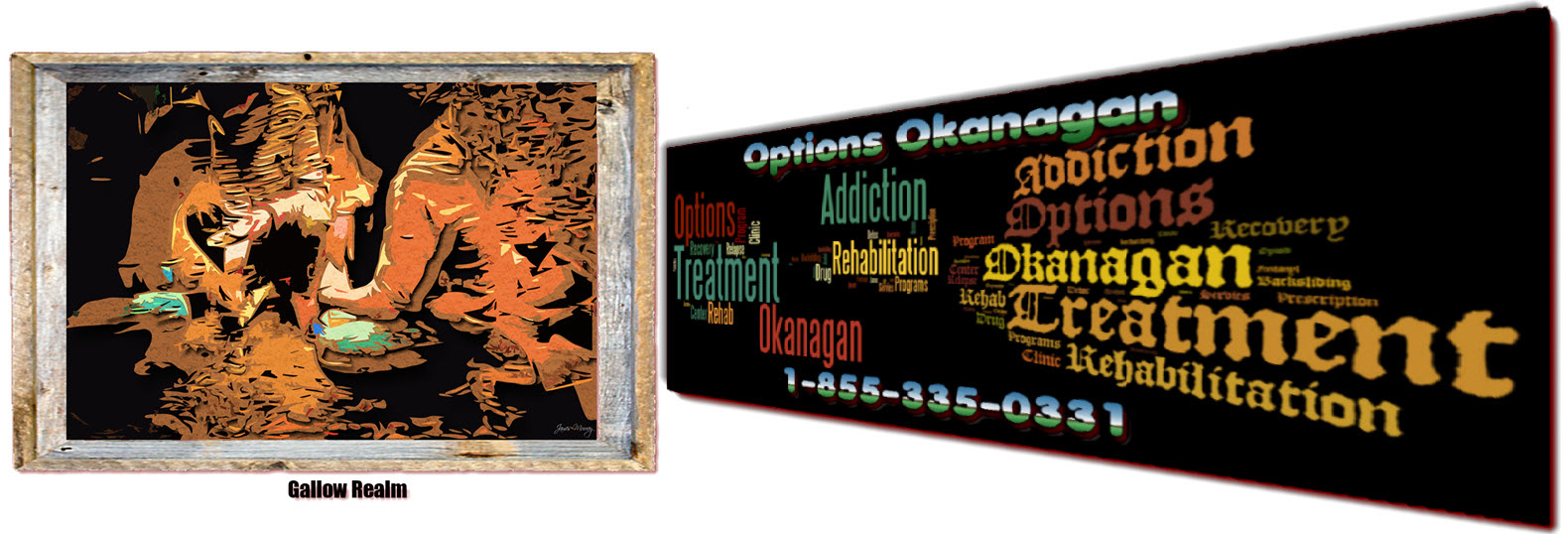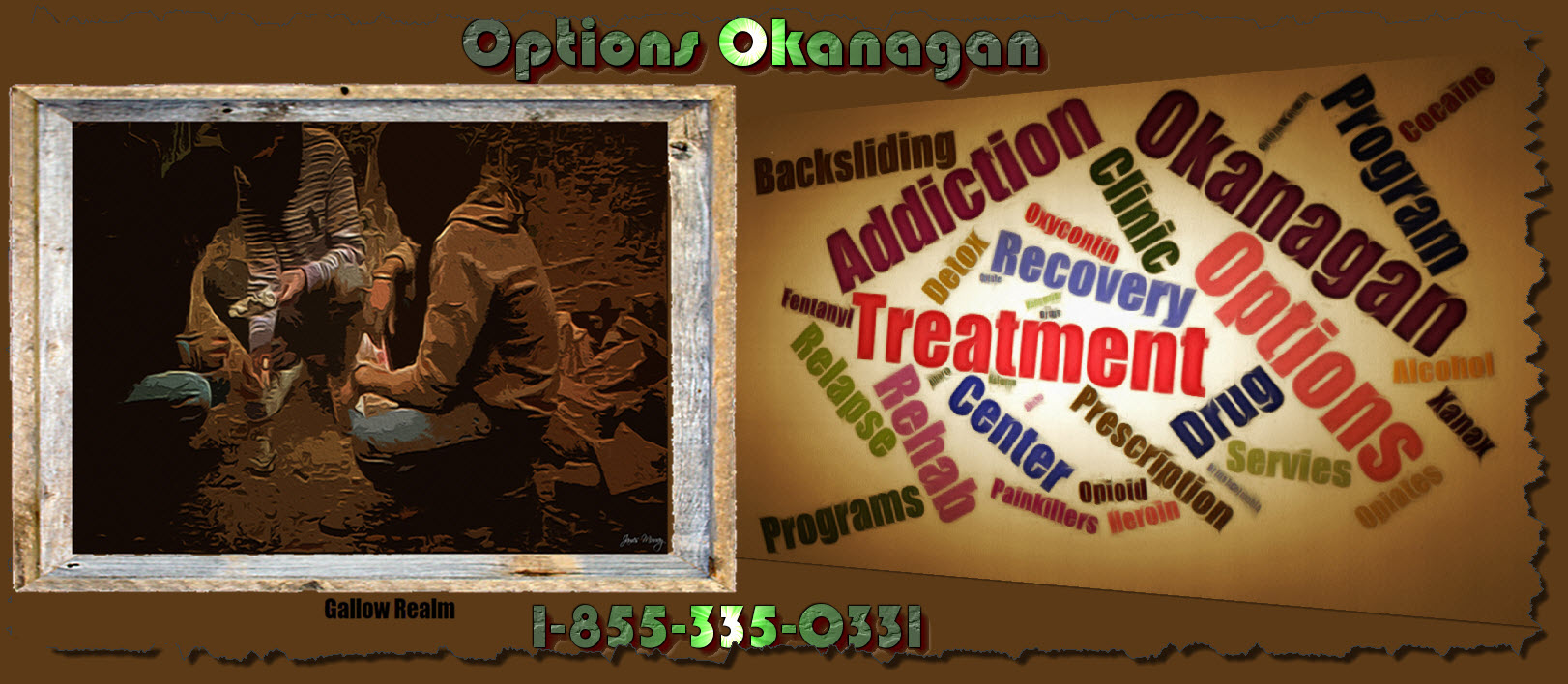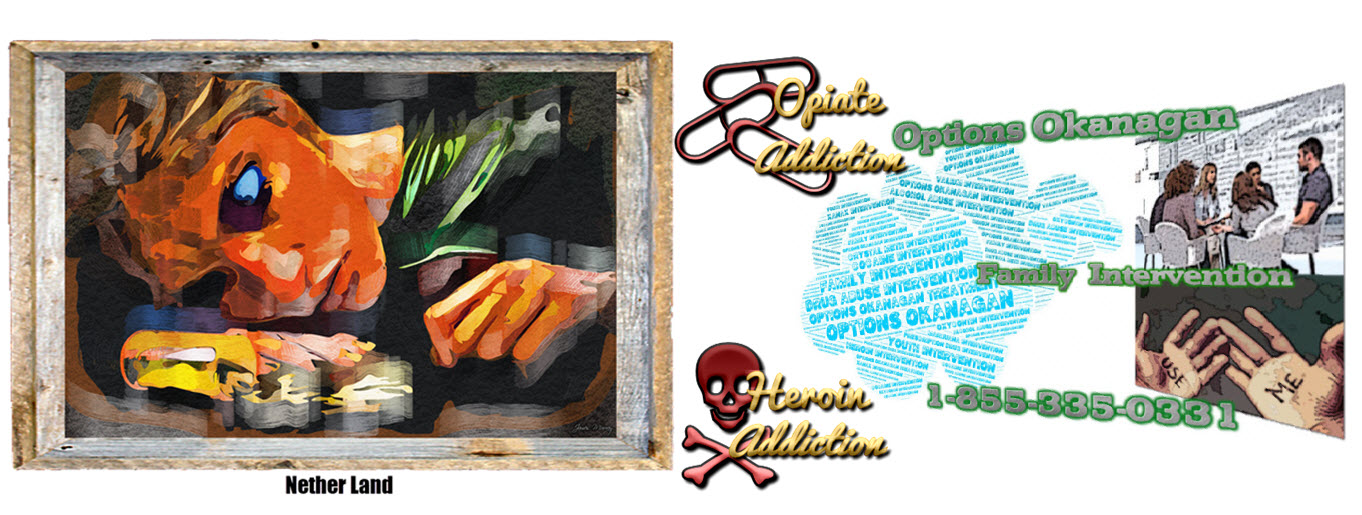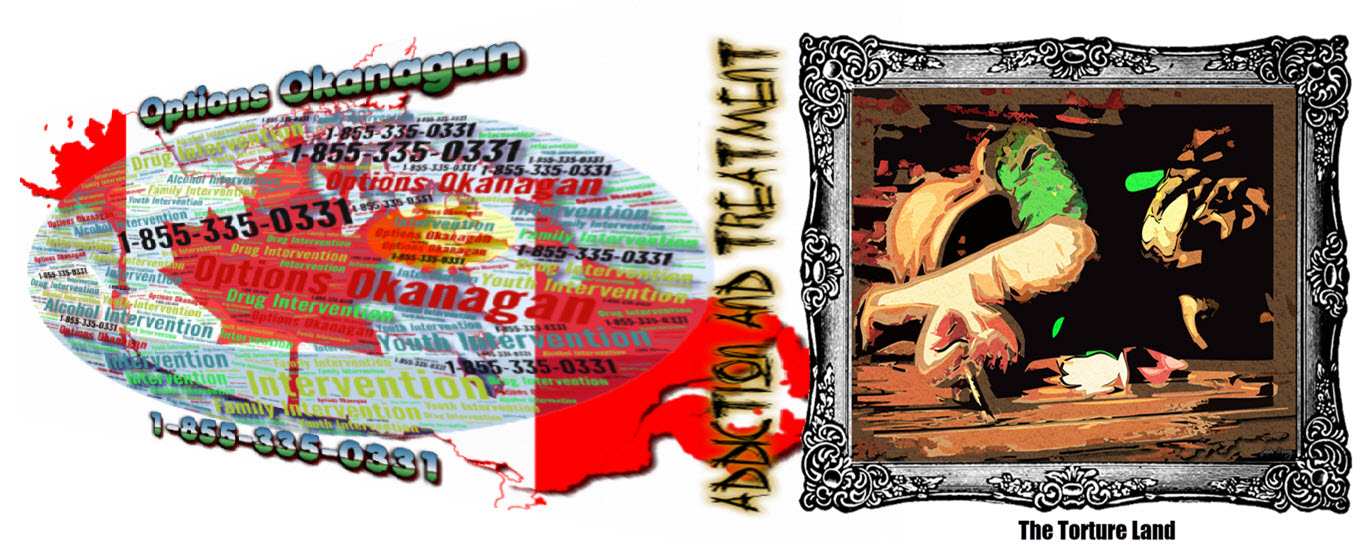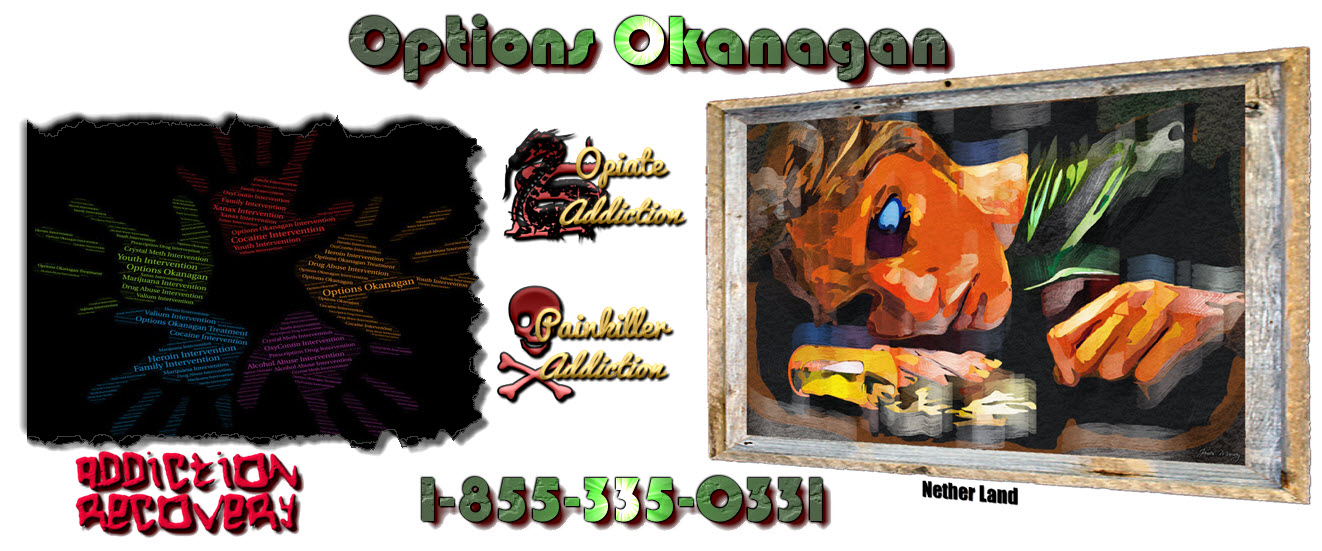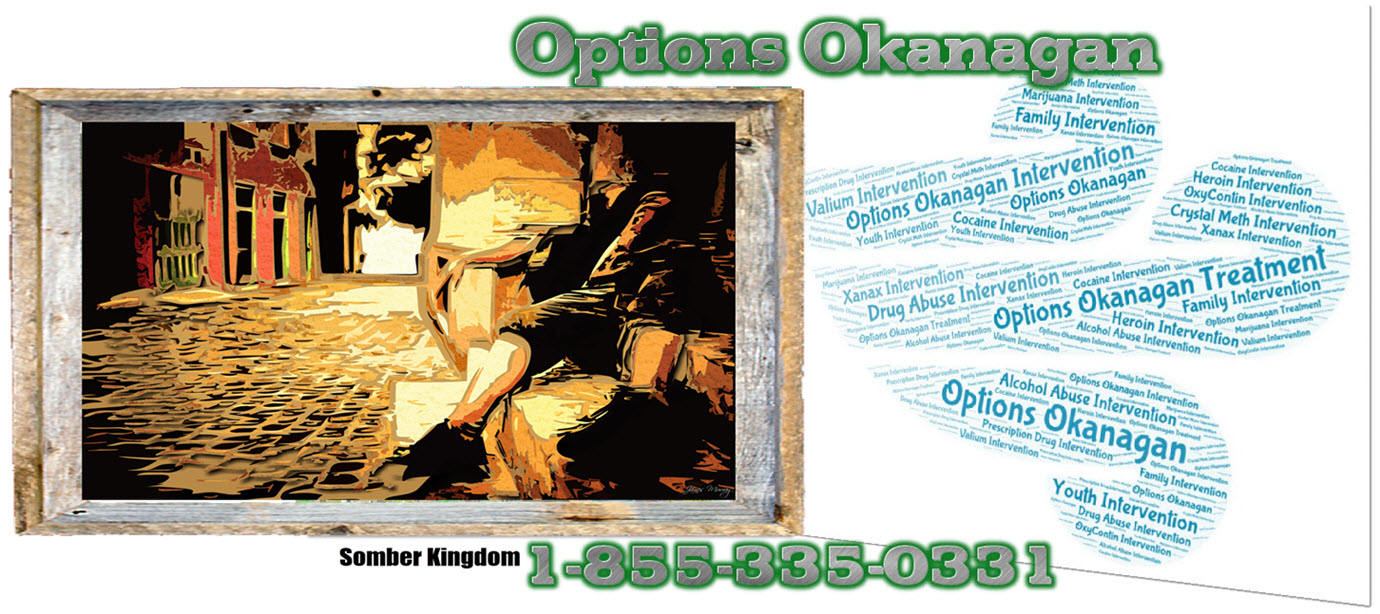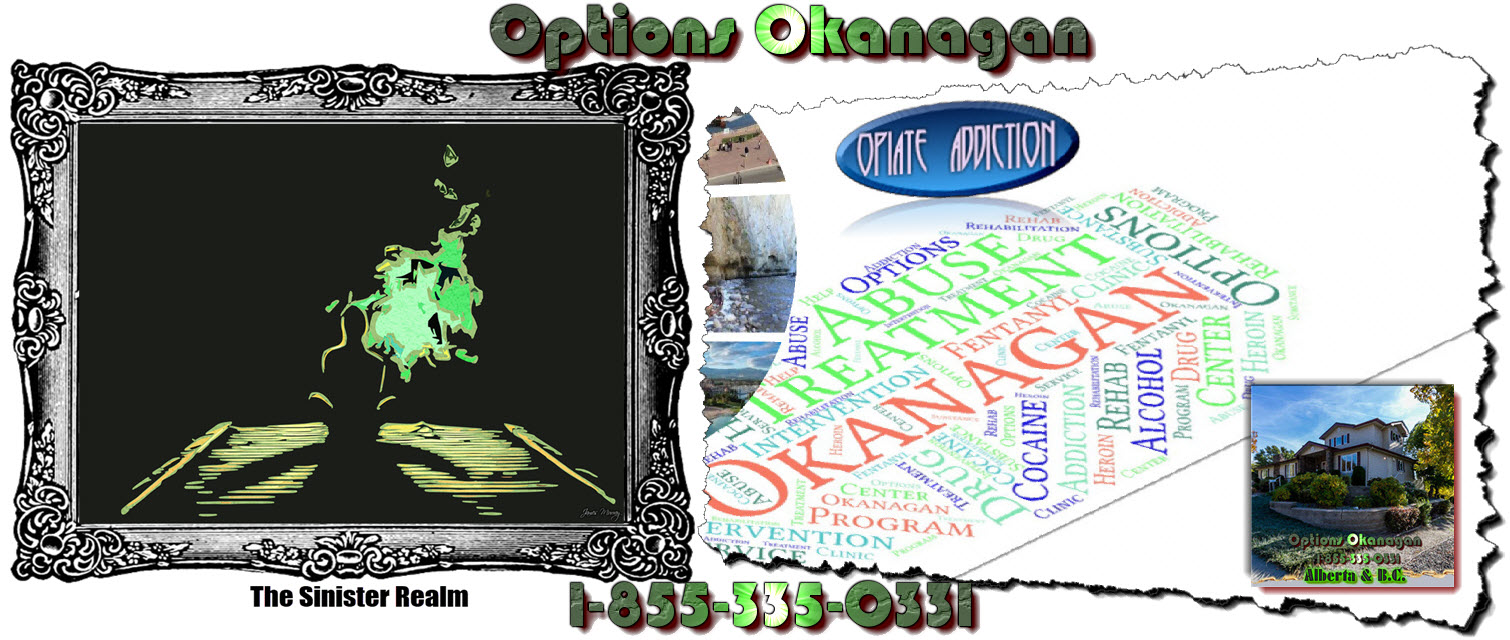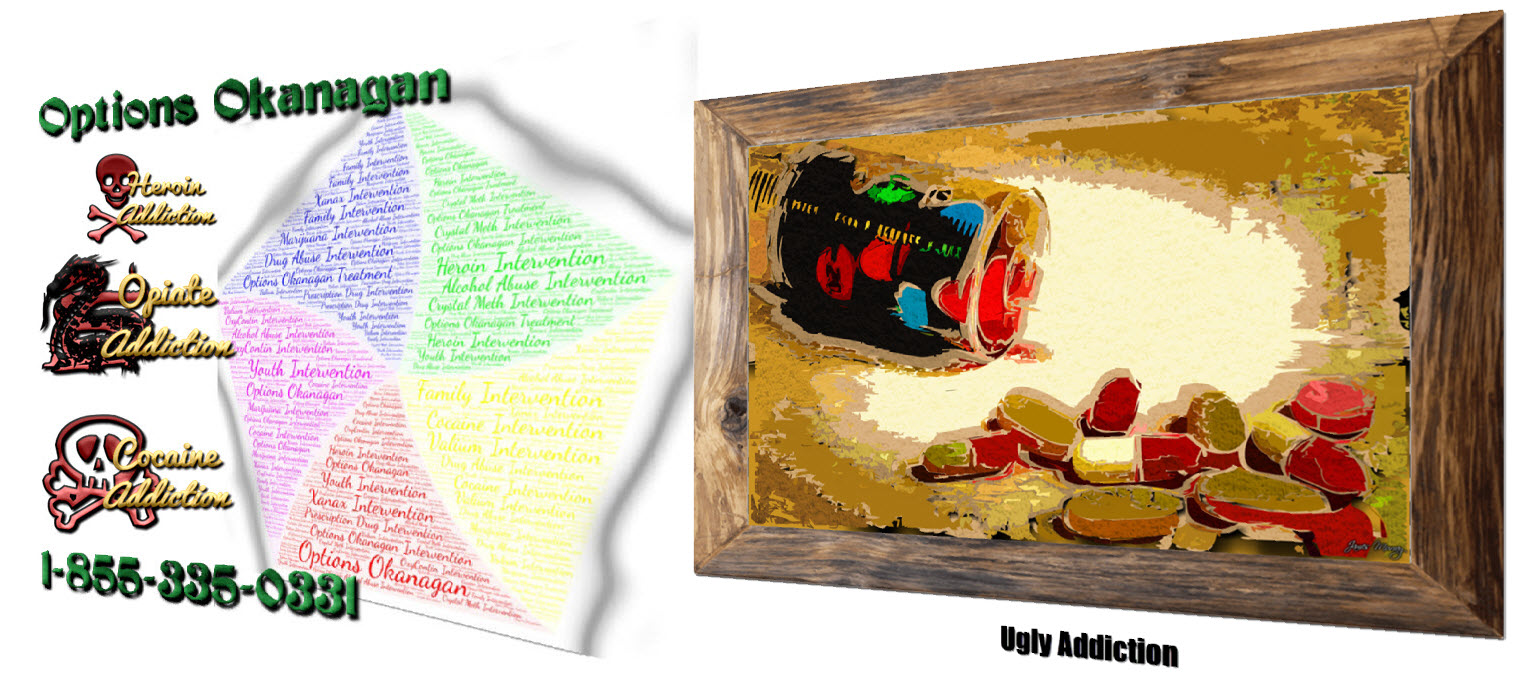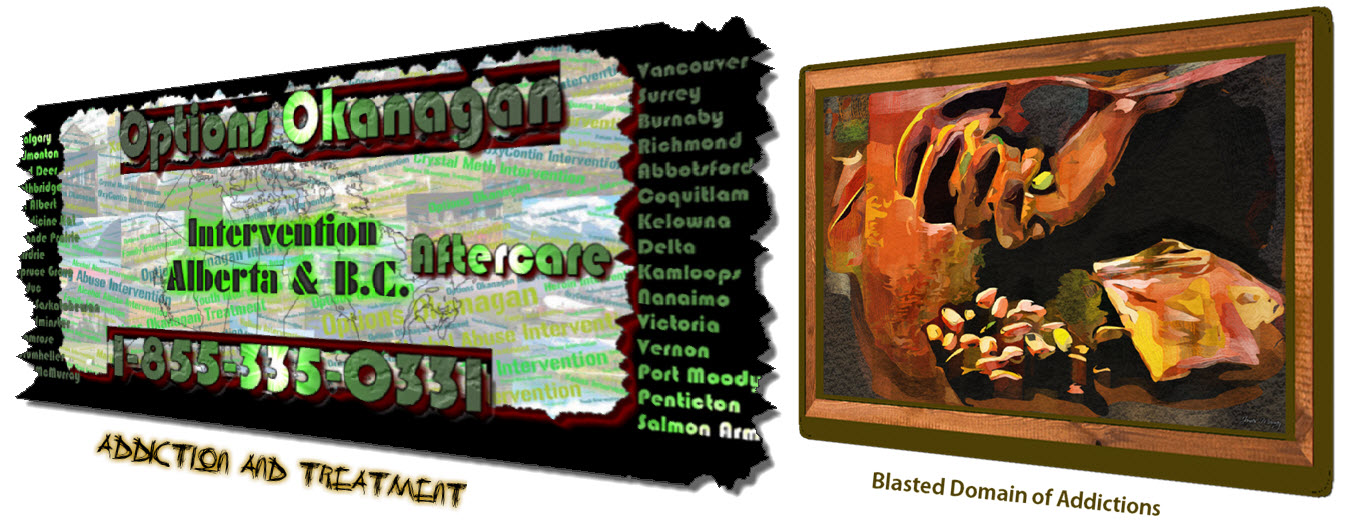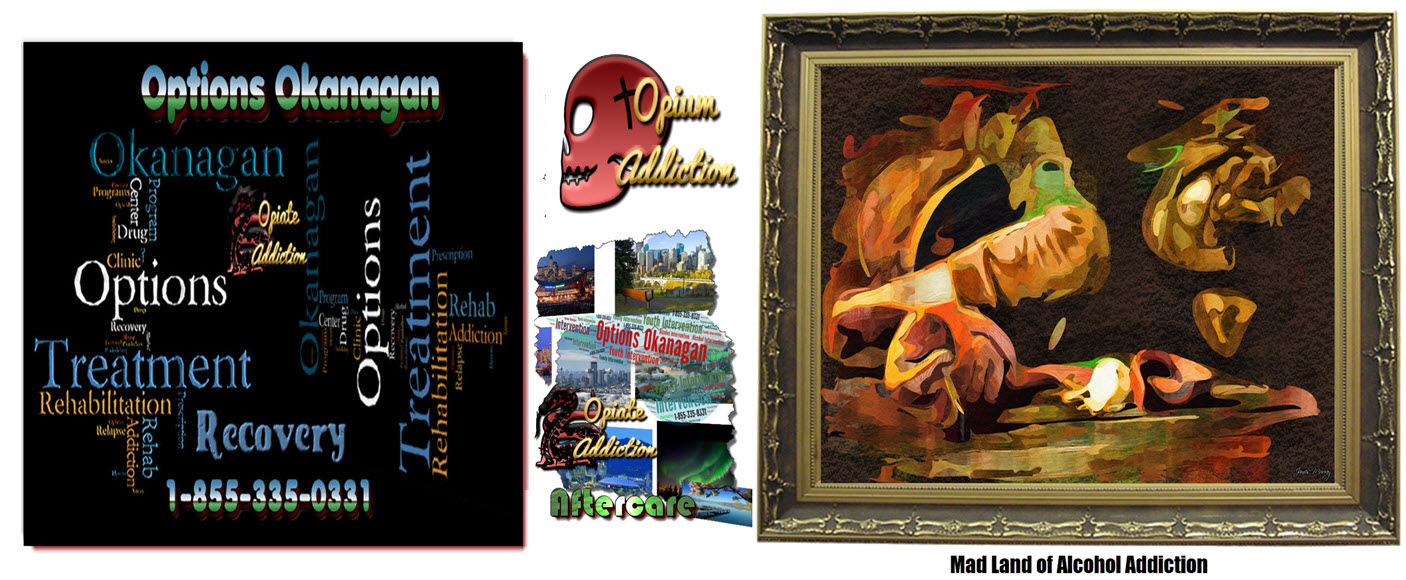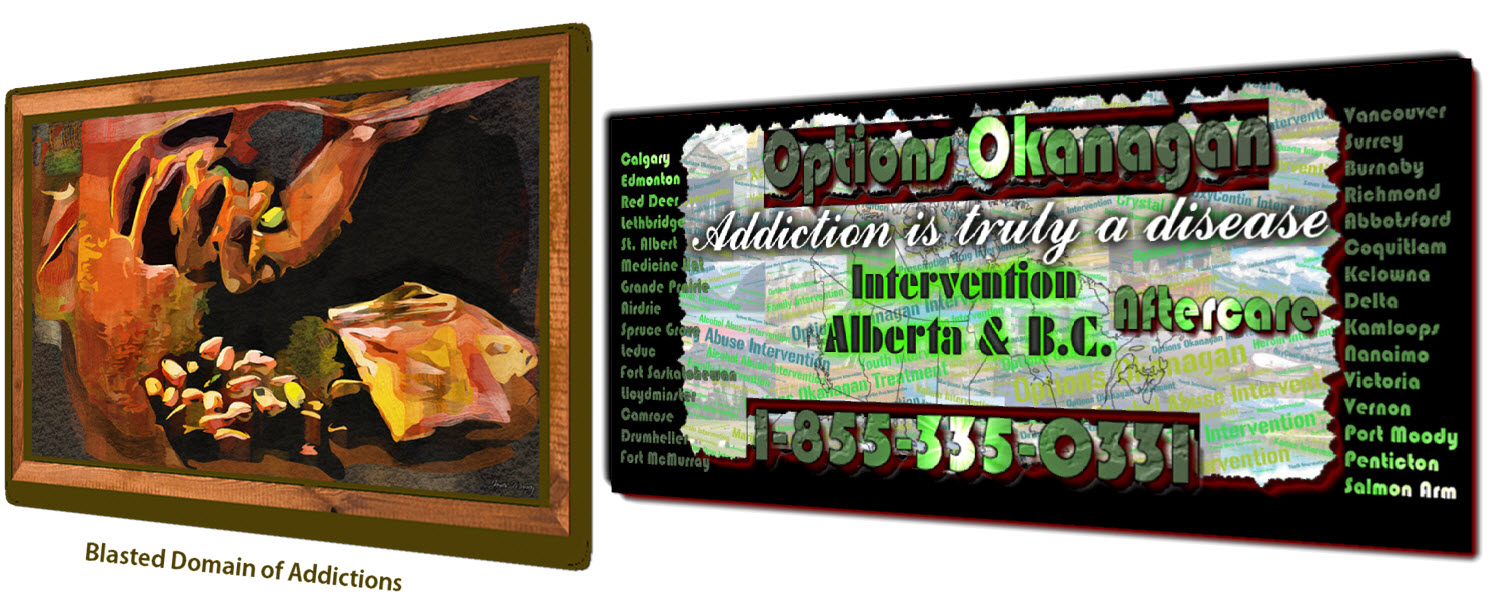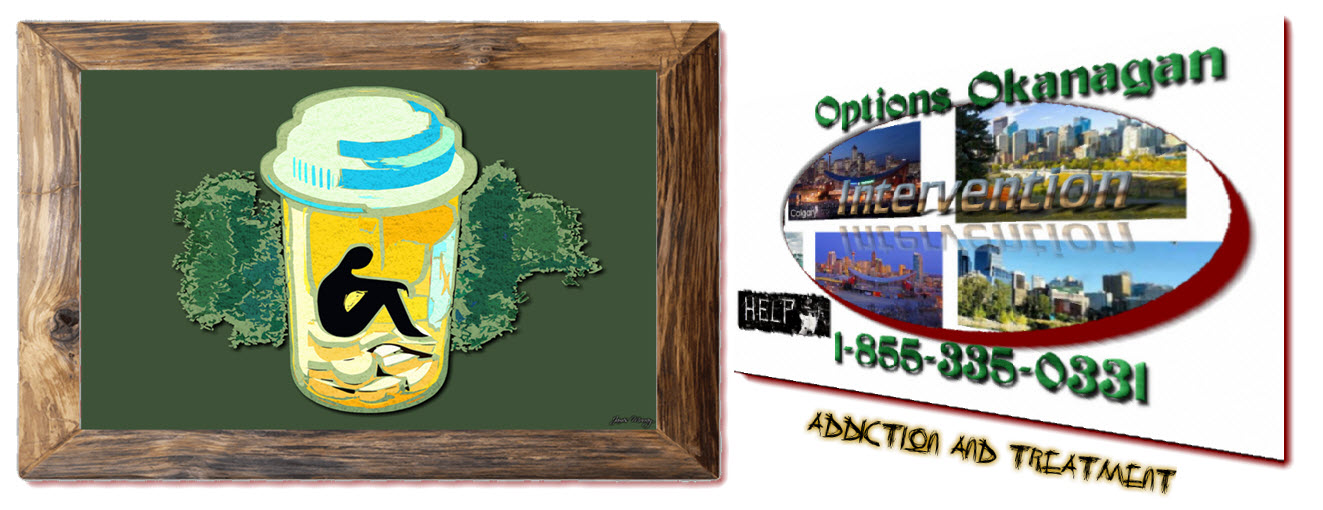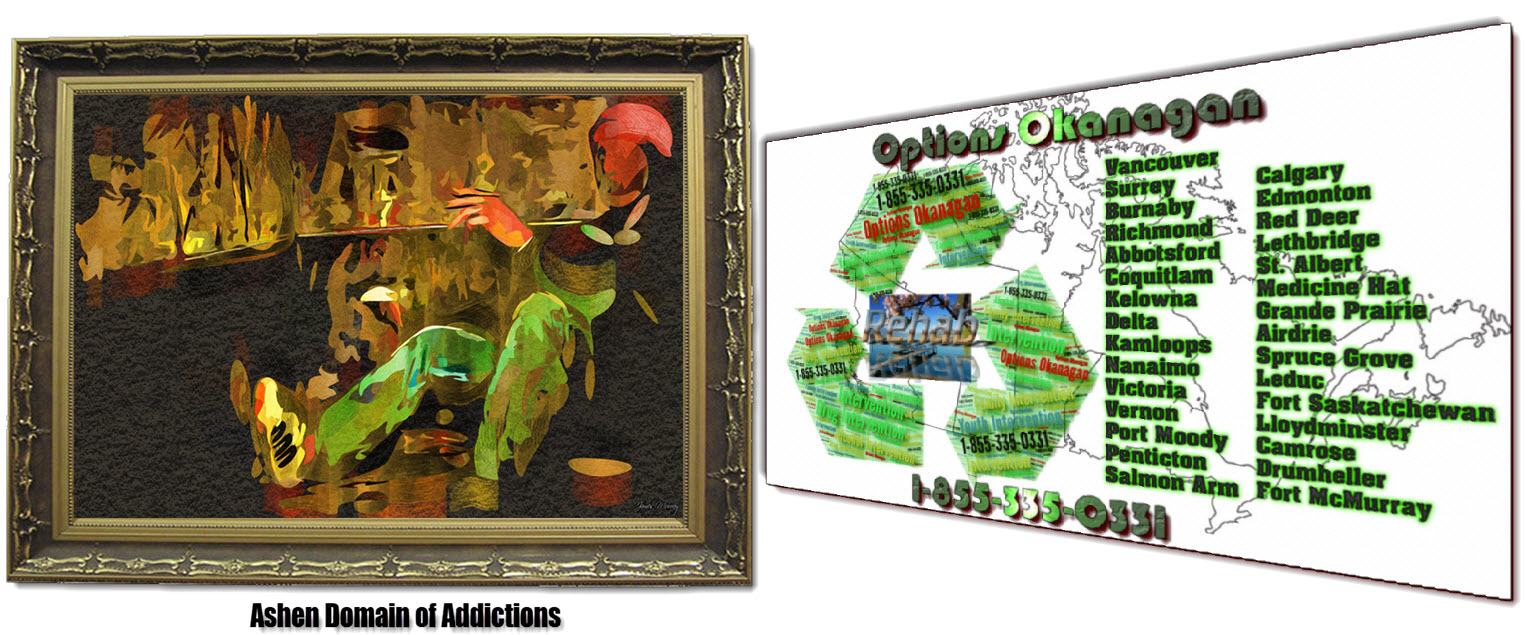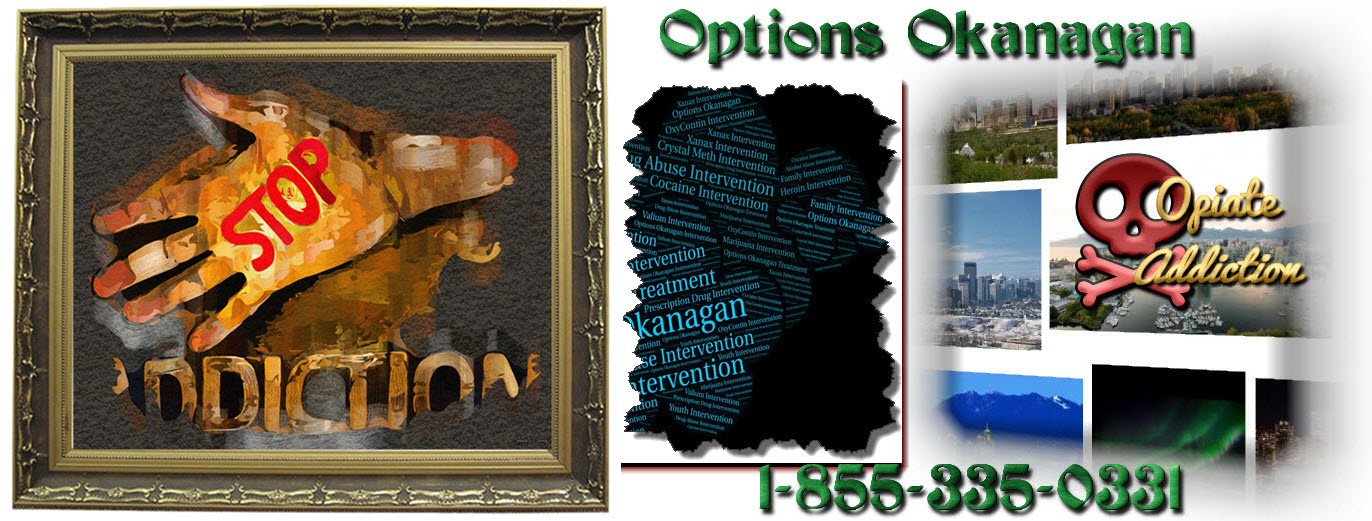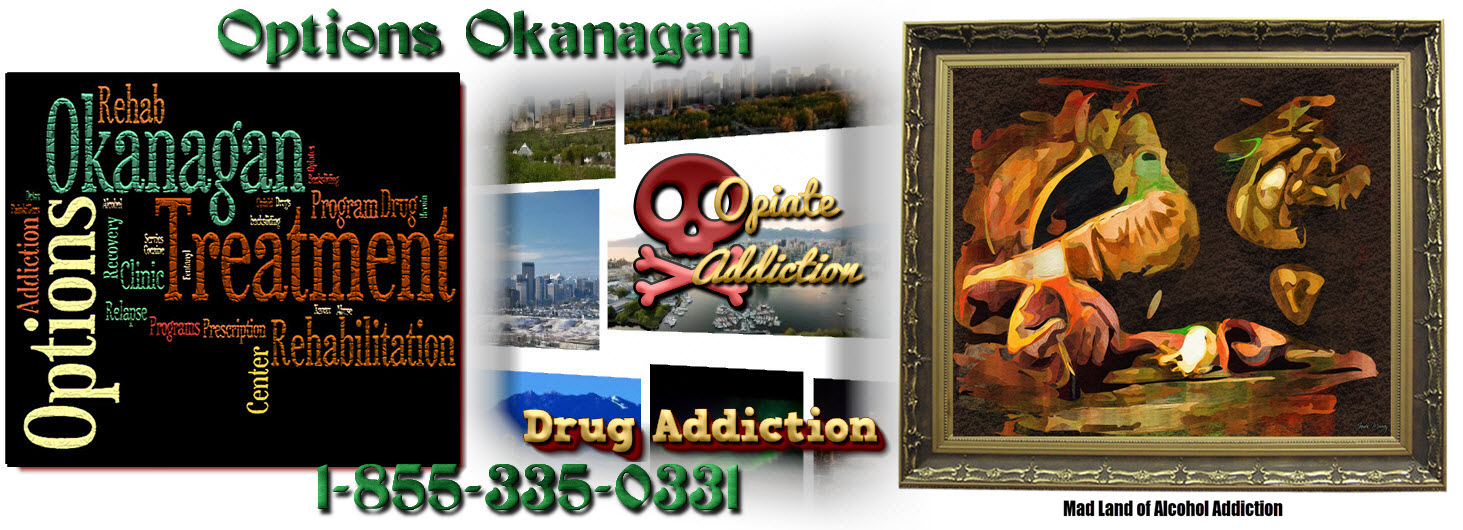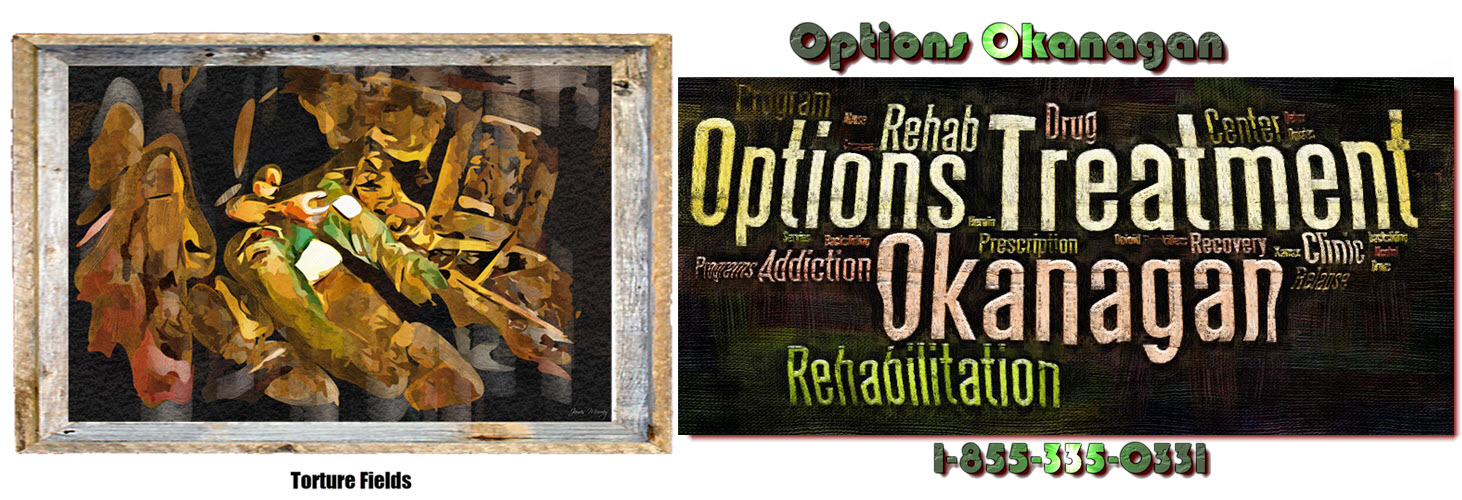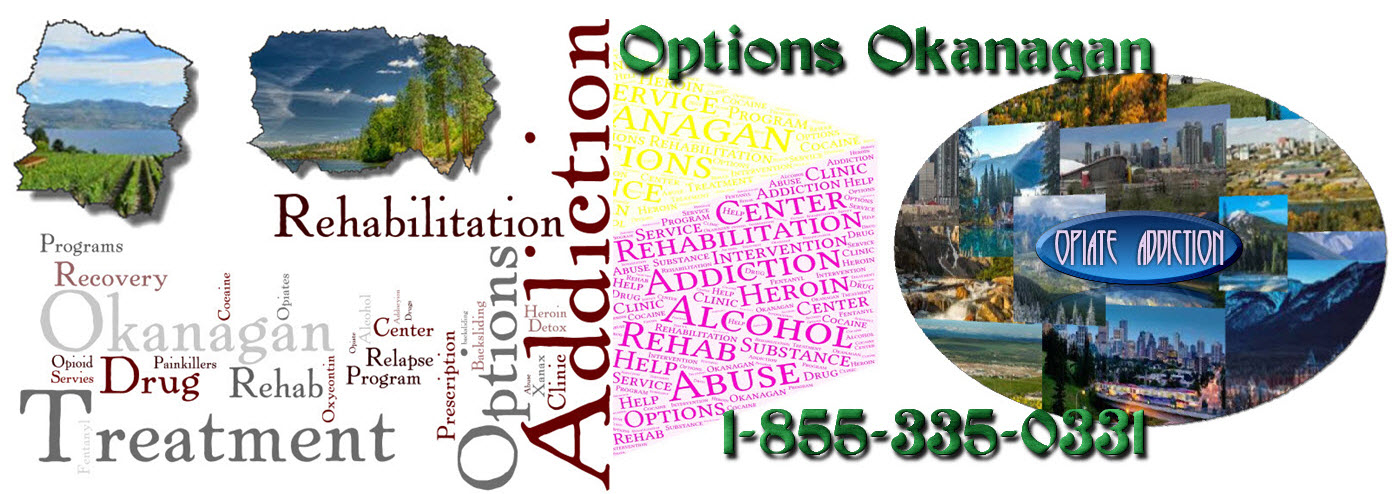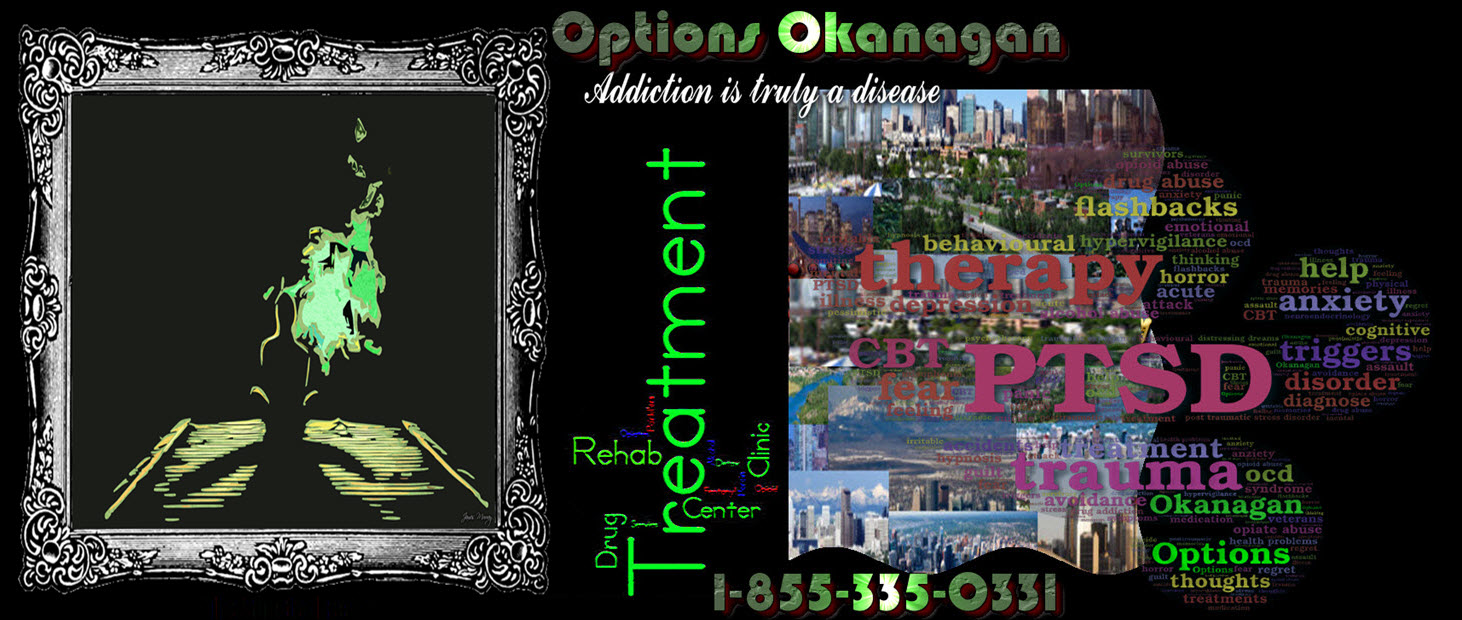Drug and alcohol addiction and things to know – Drug and alcohol rehab programs in British Columbia and Alberta – Options Treatment Center in Kelowna, British Columbia treating drug, opiate, opioid, fentanyl, heroin, and alcohol addiction and recovery.
Drug & Alcohol Rehab In Alberta And BC
There is a wealth of information available about alcoholism and drug addiction. The number of Youtube videos, articles, and books on this topic can be overwhelming, but people want answers. So here are some answers for some of the most important questions on this addiction.
Am I a bad human being because I can’t control my drug or alcohol addiction?
Not a bad person. Addiction is not about willpower or strength of character. This type of belief is a stigma for addicts and their families. This shame causes people to hide their alcohol or drug use, despite the scientific and medical evidence that alcohol or drug addiction is a chronic but treatable disease that affects a person’s brain.
How can I find out if I am addicted to drugs or alcohol?
Every addiction looks different. However, there are some questions an individual can ask themself to help determine whether they have a drug or alcohol problem. For example, have they ever lied about what or how much they consumed or drank? Are they afraid of running out of their drugs? Despite the recurring problems associated with their drinking habits, are they still drinking? If a person is still not sure if they have an addiction, discuss the problem with their doctor.
Is recovery really possible?
A person can recover. When an individual is in the middle of an addiction, recovery can seem like a distant dream. Addictions are in control of their life and an individual wonders how anything can be more important than their addiction. But many people recover, and some are just getting started while others have recovered for many years. It takes hard work and dedication, but restoration is possible.
Can’t I just stop this addiction by myself?
It is very difficult, and sometimes dangerous to quit and give up drugs or alcohol without professional help. An individual’s body gets dependent on these drugs and alcohol to function. Stopping suddenly can cause severe physical and psychological withdrawal symptoms. Detoxification can be fatal with alcohol, benzodiazepines, or opioids. For a person’s safety, detoxification is best done under medical supervision.
If an individual stops on their own, their chances of a relapse could happen. Drugs and alcohol affect a person’s thinking. If a person’s brain wants to use or take a drink, it will be hard to not give in to the temptation. This is especially true when a person finds themself in the same environment where they got addicted and being constantly exposed to triggers with no means of coping with their desire to drink or use drugs. Seek professional help to increase a person’s chances of recovery and longevity.
What actually happens during drug or alcohol rehabilitation?
A number of things can happen in rehabilitation: detox, individual and group therapy, holistic medicine (depending on the rehab), family therapy, 12-step meetings, and experimental therapy. Whichever rehab a person chooses should offer personalized treatment to meet their needs and goals of serenity. An addicted individual needs a team on their side who will watch their progress and work together to tailor their health plan to the way they move towards recovery.
Options Okanagan Opiate and Alcohol Treatment Centers in Kelowna, Salmon Arm, and Vancouver, British Columbia – Men and Women are recovering and healing from Alcohol and Drug Abuse at our treatment center here in the Okanagan right now.
Our unique and distinctive Opiate Drug and Alcohol treatment program allows men and women to come in from Calgary as well as Edmonton as we offer airport pickup.
Numerous clients come to us from Vancouver, Calgary, and Edmonton and other locations in Alberta and even other provinces for Opiate addiction treatment, heroin drug treatment, many other drug and alcohol addictions for rehabilitation because of the uniqueness of our treatment center.
Our (Kelowna ) Alcohol and Drug Treatment Program Location:
(Not Mailing Address) Contact Us – Web Page
For Mail Delivery :: Please contact each center for correct mailing addresses, also this location is the location of our residential treatment programs in Kelowna. Please call Toll Free 1-855-335-0331 to contact the treatment center you are going to for the address and directions.
Options Okanagan Drug and Opiate Treatment Center
551 Sherrydale Crescent, Kelowna, British Columbia, V1V 2E6
Toll-Free Phone Number: 1-855-335-0331

